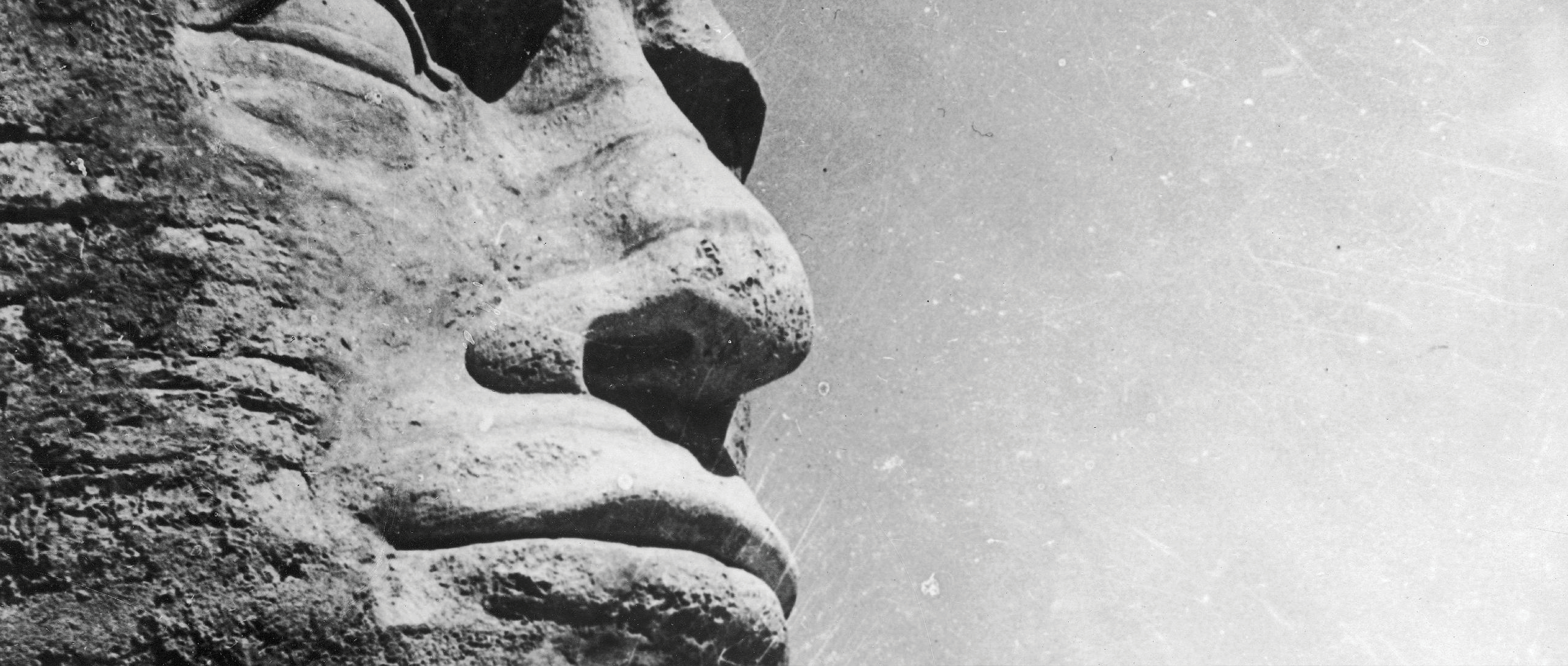Colonial and Postcolonial Italy

Benito Mussolini's bust carved into a rock in Adwa, Ethiopia.
Often considered the “least of the Great Powers” by its European colonial counterparts, Italy had nurtured expansionist ambitions since its Unification in 1861. At its peak, during fascism, the Italian Empire annexed parts of Libya, Greece, Albania, Eritrea, Ethiopia, and Somalia, in addition to a concession in Tianjin, China. But soon after the WWII, the Italian public forgot about this history.
It was not until the 1990s when historians began to explore Italy’s colonial past. But so far Italians have not fully incorporated the country’s imperial history and its legacy into public discourse. Why did this amnesia occur? And what implications did it have for today’s multiethnic Italian society, particularly when the country has been experiencing a so-called Mediterranean refugee crisis and a surge of migrant entrepreneurship in its vibrant sector of small- and medium-sized enterprises? In addressing these societal phenomena in relation to primary texts (literature, films, media coverage, visual materials), students will discuss mobility, gender, and race in relation to several specific case studies.
Oral presentations and class debates, as well as a final project (in the format of a critical essay, a short film, a multimedia project, or creative writing), are the main tools of assessment of learning outcomes. Participation in seminar-style, group discussions in class is essential to developing critical and analytical skills for these assessment activities.
Prerequisite: Second-year standing or higher.
Language of instruction: English